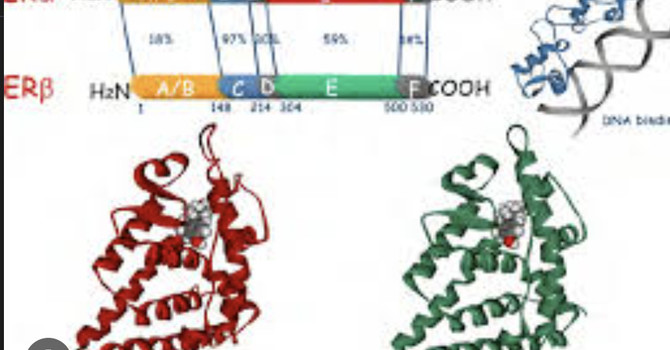Perimenopause and menopause, inherent phases of a woman's life, often bring along a cloud of obscurity in the form of vague symptoms. Among these, "brain fog" remains a perplexing enigma. This article seeks to unravel the intricacies of brain fog, its ties to perimenopause and menopause, and the potential of bioidentical estrogen hormone therapy to alleviate not only this cognitive fog but also the risk of dementia.
Deciphering the Riddle: Brain Fog In the realm of women's health, few phenomena are as bewildering as brain fog. It manifests as cognitive haziness, fleeting memory lapses, and a persistent sense of mental cloudiness. Picture a scenario where you begin reading a book, only to forget the plot moments later. Or, in the middle of a conversation, you suddenly draw a blank and must restart. These experiences epitomize the frustrating nature of brain fog. Its inconsistent occurrence and elusive cause lead many to dismiss it as a byproduct of aging or stress.
The Potential of Bioidentical Estrogen Hormone Therapy Enter bioidentical estrogen hormone therapy, an increasingly intriguing subject in women's health. Diverging from synthetic hormones, bioidentical hormones replicate both the structure and function of those naturally produced by the human body. This precision allows for tailored treatment regimens, addressing the multifaceted symptoms of perimenopause and menopause. These symptoms include brain fog, hot flashes, mood swings, and the recurring experience of starting and restarting activities, such as reading or conversations.
Safeguarding Cognitive Integrity Beyond symptom relief, bioidentical estrogen therapy presents an alluring prospect—an avenue to defend against cognitive decline. Estrogen, it appears, plays a protective role in sustaining cognitive function. By preserving hormonal balance during menopause, this therapy may offer a means to reduce the risk of enduring cognitive decline and dementia in later life.
Conclusion: Perimenopause and menopause stand as phases of life that may introduce perplexing challenges, with brain fog being a notable enigma. However, this cognitive fog need not obscure the path ahead. Bioidentical estrogen hormone therapy emerges as a beacon of hope, offering precise alleviation of symptoms, including brain fog, and potentially safeguarding cognitive health. As women embark on their journey through these phases, it is imperative to consult with medical professionals and experts who can craft individualized treatment strategies. Armed with the right guidance, women can navigate this transitional period with greater clarity and assurance, dispelling the clouds of uncertainty that can accompany it.

Anat Sapan, MD
Contact Me



